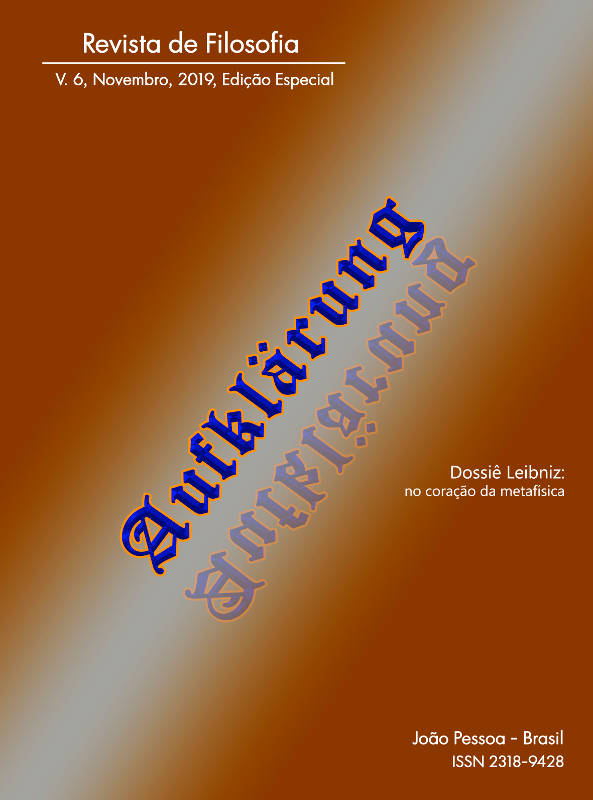From the combinatory art to the inventive art: mathematizing propositions for a topical-problematic approach of science of law
DOI:
https://doi.org/10.18012/arf.2019.49458Abstract
The effort to promote the return to the topic-problematic way of thinking promoted by Theodor Viehweg, in application directed to the practice of law, was translated into the compilation and publication, in 1953, of the work Topic and Jurisprudence. In it, theoretical parameters are laid down to justify the questioning of the effectiveness of the methodological consideration of law as a science susceptible of logical-deductive systematization. In defense of the rise of a material ethic of values, Viehweg argues that the repositioning of concrete legal questions at the highest level of the process of appreciation and decision-making favors the perception that abstractly formulated legal statutes deserve to occupy the status of points socially accepted – topoi –, on an equal footing with any other adamant arguments to provide appropriate solutions, taking into account temporal and spatial criteria, to the problem presented, with a view to unveiling, in particular, the most appropriate way to fill the gaps corresponding to the aporia of justice. In this scenario of attempts to counteract prevailing logical-deductive and formalist thinking, there has been a notable and expressed consideration by Viehweg of Leibniz's efforts to seek mathematical solutions to legal problems in order to become susceptible of proof and demonstration, for arithmetical stratagems, without, however, yielding irrevocably to the systematized inves- tors of law. The main objective of this work is to investigate the use of ars combinatoria in the recent presentation of ars inveniendi applied to Jurisprudence. Specific objectives linked to that generic objective are the elucidation of the way in which the juridical topic presented by Viehweg was structured in the preludial stage; and in turn the investigation of which contributions – conclusive or refutative – can be drawn from the intertwining of Arithmetizing thinking in Leibniz and the argumentative topic style of presentation presented by Viehweg. Among the main conclusions reached is that the experience proposed by Leibniz allowed the conglomeration of the style of thought by problems with the algebraic spirit of the seventeenth century, and with this, allowed the construction of mathematical bases presumably able to give sufficient security to the appreciation casuistry of legal problems.
Downloads
Additional Files
Published
How to Cite
Issue
Section
License
Journal general policy
1.This journal works under a Creative Commons License aplied to online journals. That icence can be read in the following link: Creative Commons Attribution 4.0 International (CC BY 4.0).
2.Accordingly to this License, a)the journal declares that authors hold the copyright of their articles without restrictions, and they can archieve them as post-print elsewhere. b)the journal allow the author(s) to retain publishing rights without restrictions.
Metadata Policy for information describing items in the repository
1. Anyone may access the metadata free of charge at anytime.
2.The metadata may be re-used in any medium without prior permission, even commercial purposes provided the OAI Identifier or a link to the original metadata record are given, under the terms of a CC BY license refered for the Journal.







































